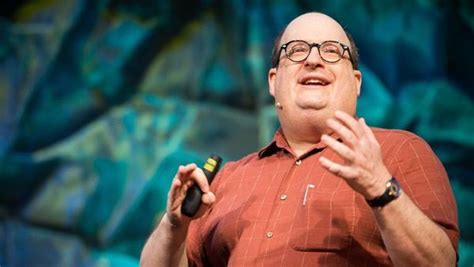A Quote by Friedrich Nietzsche
[Heraclitus had] pride not in logical knowledge but rather in intuitive grasping of the truth.
Related Quotes
"What is truth?" said jesting Pilate, and would not stay for an answer. Pilate was in advance of his time. For "truth" itself is an abstract noun, a camel, that is, of a logical construction, which cannot get past the eye even of a grammarian. We approach it cap and categories in hand: we ask ourselves whether Truth is a substance (the Truth, the Body of Knowledge), or a quality (something like the colour red, inhering in truths), or a relation ("correspondence"). But philosophers should take something more nearly their own size to strain at. What needs discussing rather is the use, or certain uses, of the word "true." In vino, possibly, "veritas," but in a sober symposium "verum."
And if there be any addition to knowledge, it is rather a new knowledge than a greater knowledge; rather a singularity in a desire of proposing something that was not knownat all beforethananimproving, anadvancing, a multiplying of former inceptions; and by that means, no knowledge comes to be perfect.
All those formal systems, in mathematics and physics and the philosophy of science, which claim to give foundations for certain truth are surely mistaken. I am tempted to say that we do not look for truth, but for knowledge. But I dislike this form of words, for two reasons. First of all, we do look for truth, however we define it, it is what we find that is knowledge. And second, what we fail to find is not truth, but certainty; the nature of truth is exactly the knowledge that we do find.
[Kepler] had to realize clearly that logical-mathematical theoretizing, no matter how lucid, could not guarantee truth by itself; that the most beautiful logical theory means nothing in natural science without comparison with the exactest experience. Without this philosophic attitude, his work would not have been possible.






































